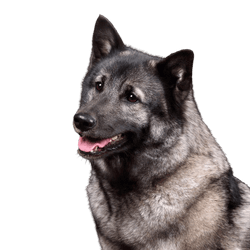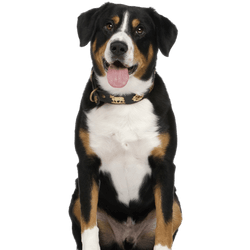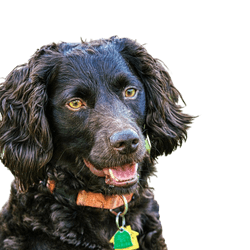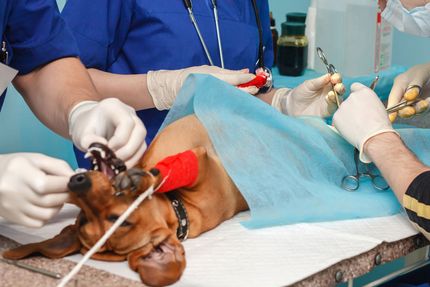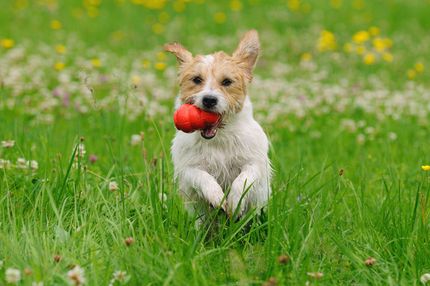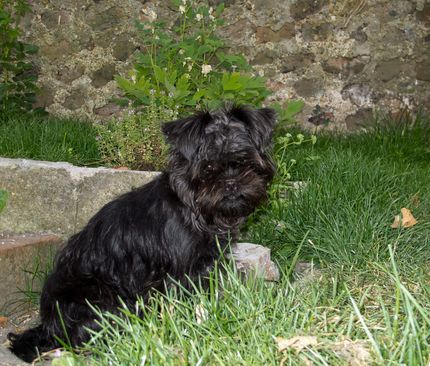Facts & Origin
Profile: Portuguese Shepherd Dog - Origin, History & Suitability
The Portuguese Sheepdog, often referred to as the "Cão da Serra de Aires," is a remarkable animal with a deep-rooted history and an impressive aptitude for diverse tasks.
Origin & History
Originally from the Serra de Aires region of Portugal, the Portuguese Sheepdog was bred as a herding and working dog. The exact origins of the breed are unclear, but it is believed to be descended from the Briards, French sheepdogs that were brought to Portugal in the 12th century.
Over the years, this dog became firmly established in Portuguese agriculture and was valued as a guardian of flocks of sheep and goats. Despite its deep historical roots, the breed almost experienced extinction before being revived in the 20th century.
Suitability
The Portuguese Shepherd is known not only for its herding abilities, but also for its versatility and intelligence. Some of its outstanding traits and aptitudes include:
- Eager to work: this dog has a natural instinct for herding and is very alert and reliable when working.
- Family Friendly: Because of its loyal and loving nature, it is also suitable as a family dog.
- Ability to Learn: His intelligence and desire to please make him an easy companion to train. He is therefore also suitable for dog sports and agility.
- Alertness: With a strong protective instinct, he can serve as a watchdog, although he is not aggressive.
Summary
The Portuguese Shepherd is an impressive representative of the sheepdog breeds, marked by its rich history and diverse suitability. Whether in the field, in the family or in sports, this dog is a true all-rounder, impressing everyone who meets him with his loyalty and intelligence.
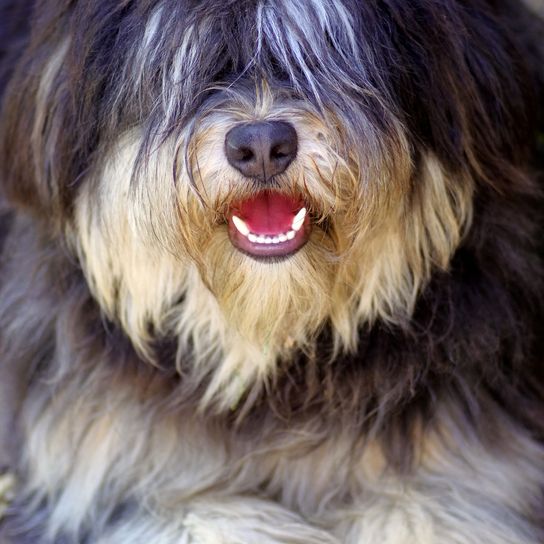
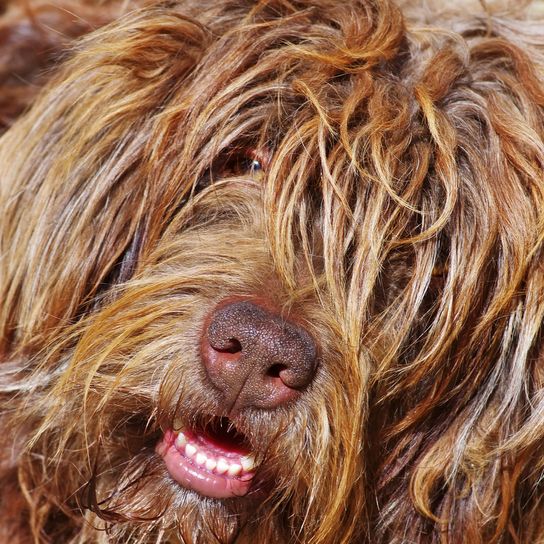
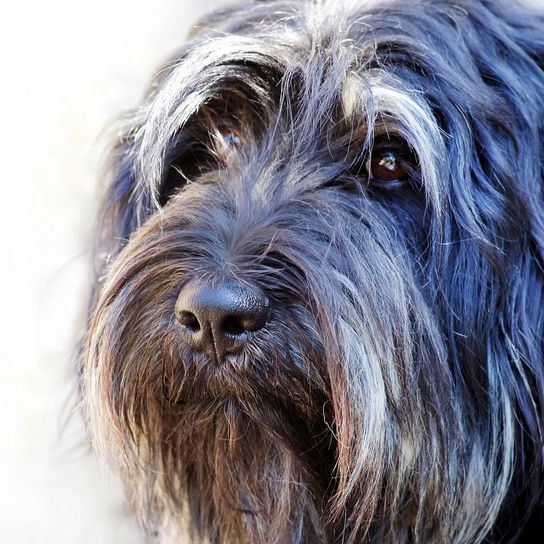
| Alternate Name | Cão da Serra de Aires |
| Origin | Portugal |
| Life expectancy | 10 - 14 years |
| Care requirements | low-maintenance |
| Activity level | average |
| FCI group | Sheepdogs |
| AKC group | Foundation Stock Service |
| KC group | not recognised |
Attitude, character and temperament of the breed
PROFILE: Portuguese Shepherd Dog - Character & Temperament
The Portuguese Shepherd is known not only for its working qualities, but also for its remarkable temperament and characteristic personality traits.
Loyalty & Bond
Loyalty to his family is a defining characteristic of the Portuguese Shepherd. He forms a deep emotional bond with his caregivers and shows himself to be a loyal and protective companion.
Intelligence & Learning Ability.
- Wise Decisions: Often valued for his ability to quickly assess situations and act accordingly.
- Quick Perception: Learns commands and tricks in a very short time, showing impressive memory skills.
Social Behavior
While he may be reserved toward strangers at first, the Portuguese Shepherd is friendly and even-tempered. He rarely shows aggression and, with proper socialization, gets along well with other animals and children.
Activity & Playfulness
This dog has a high energy level and needs regular exercise and mental stimulation. He loves to play and often shows a strong play drive.
Summary
The Portuguese Shepherd 's temperament is a combination of intelligence, loyalty and sociality. He adapts well to family life, always keeping the needs of his people in mind. His quick wit and strong play instinct make him a pleasure to train and handle on a daily basis. A dog that can work as hard as he loves.
Character
Usage
Care
- Coat Care: The Portuguese Shepherd's long and wavy coat requires regular brushing to prevent matting and keep it clean. It is recommended that it be thoroughly brushed at least once a week.
- Ears and eyes: should be checked weekly for signs of infection.
- Nail Care: Nails should be trimmed regularly to prevent overgrowth and associated problems.
Health
The Portuguese Shepherd is generally a healthy breed, but like all dog breeds, they can be prone to certain conditions:
- Hip dysplasia: A common condition in larger dogs.
- Eye problems: Certain eye diseases can occur, so regular exams are advised.
- Allergies: Some specimens may be prone to skin allergies.
Regular veterinary checkups are recommended to monitor health.
Breeding
Breeding the Portuguese Shepherd Dog should be done responsibly and ethically. It is important to maintain genetic diversity and use only healthy animals with good character traits for breeding. Breeders should also strive to maintain the breed standard while ensuring the health and well-being of the animals.
Summary
Proper care and knowledge of health are critical to keeping the Portuguese Shepherd healthy and happy. When breeding, ethical standards and animal welfare should always come first.

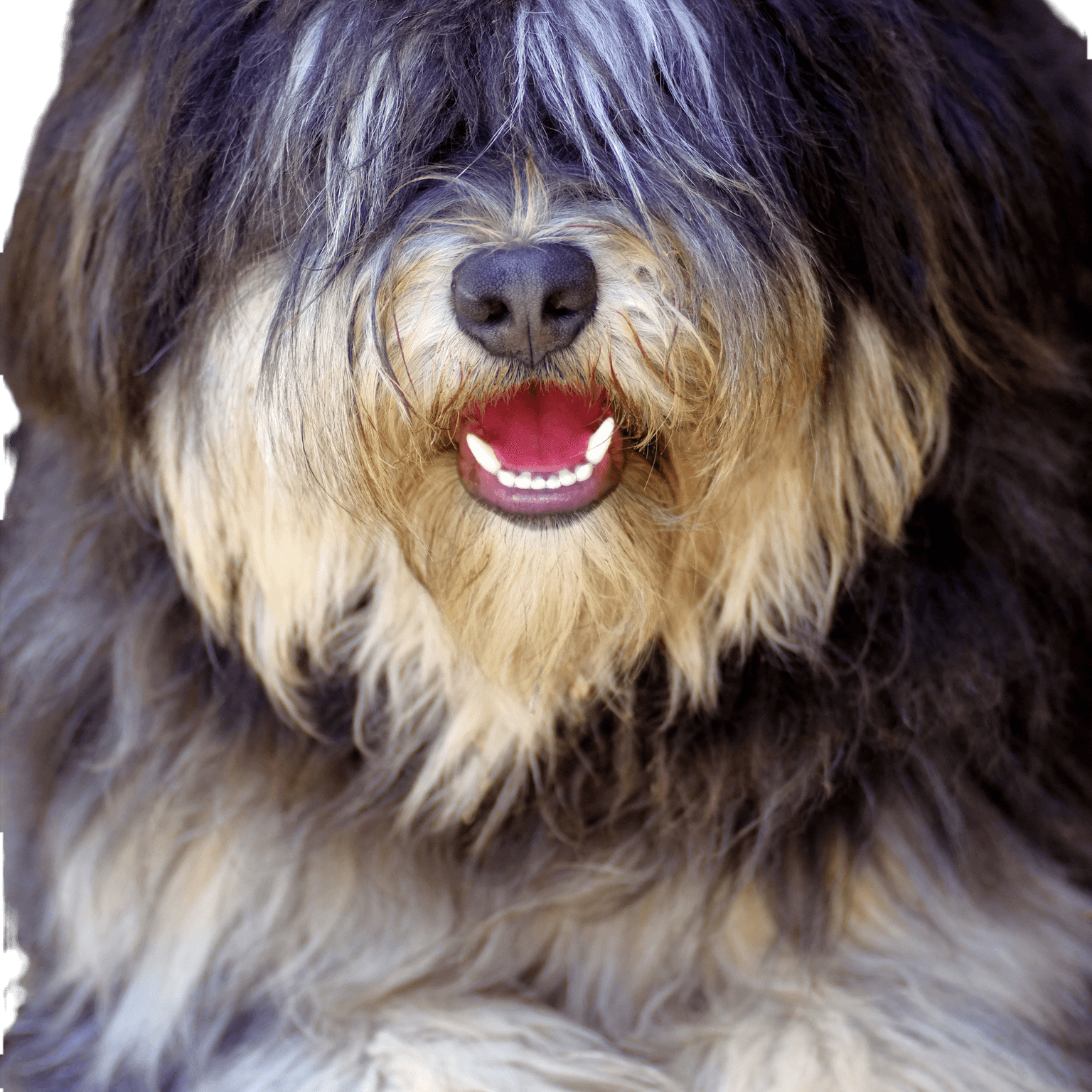
PROFILE: Portuguese Shepherd Dog - Coat, Appearance, Size & Weight.
The Portuguese Sheepdog, known in its homeland as the "Cão da Serra de Aires", is characterized by a unique appearance and impressive physical features.
Coat & Appearance
The coat of this remarkable dog is:
- Texture: Long, dense and slightly wavy. Not curly.
- Colors: There are several colors, with fawn, gray, brown and black being the most common. Combinations of these colors are also common.
- Grooming Requirements: While the coat is relatively low maintenance, regular brushing should not be neglected to prevent matting and maintain the coat's natural beauty.
Size & Weight
The Portuguese Shepherd is a medium-sized dog with a sturdy build. Exact measurements may vary, but average:
- Height:
- Males: 45-55 cm
- Bitches: 42-52 cm
- Weight:
- Males: 12-18 kg
- Bitches: 10-16 kg
Special features
This shepherd dog has a characteristic appearance, marked by an expressive face, large, alert eyes and a generally well-proportioned posture. His thick mane and bushy tail give him a majestic appearance.
Summary
The Portuguese Shepherd is a visually stunning dog whose long, dense mane and striking coloration make it a real eye-catcher. Despite its majestic appearance, it is a sturdy and functional dog that thrives in the right environment and with proper care.
| Fur length | long |
| Fur | wavy |
| Ear shape | Floppy Ear |
| Tail | lang |
| Anatomy | rugged |
| Size ♀ | 42 - 52 cm |
| Weight ♀ | 17 - 27 kg |
| Size ♂ | 45 - 55 cm |
| Weight ♂ | 17 - 27 kg |
| Suitable For | - |
Known Diseases
Hip dysplasia (HD)
Hip dysplasia (HD) is a genetic condition in dogs where the hip joint is not shaped properly. This leads to pain, stiffness and restricted movement.
Epilepsy
Definition: Dog has epilepsy if, for example, at least two epileptic seizures occur more than 24 hours apart.




